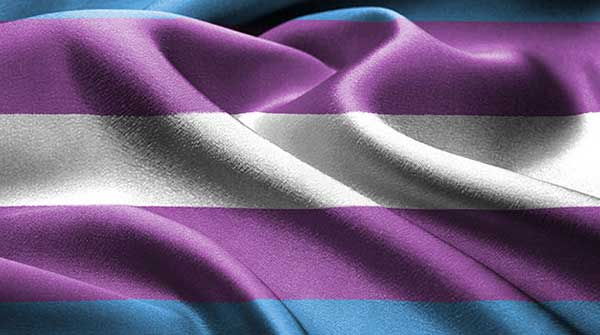Bud Light learns you can’t force transgender acceptance if it is at odds with the values of those who pay for your products
 Beer is big business. Canadians quaffed 2.1 billion litres of the sudsy beverage last year. The American market for the stuff is worth over $120 billion annually.
Beer is big business. Canadians quaffed 2.1 billion litres of the sudsy beverage last year. The American market for the stuff is worth over $120 billion annually.
People care about which beer they drink; they wear hats and t-shirts proclaiming their allegiance to a particular brand and loudly deride the taste or image of rival breweries. Super Bowl beer ads are among the most closely-watched advertisements on television.
Given the vast revenue at stake, many industry watchers were astonished when Bud Light, America’s best-selling beer, was linked with transgender influencer Dylan Mulvaney. Mulvaney, for those readers only just returning from the Amazonian rainforest where there is poor internet connection, is a young gentleman who poses as a girl so fetchingly that his videos have attracted over a billion views.
 |
| Related Stories |
| Helping transgender people see themselves in the health-care system
|
| The jarring collision of transgender sports
|
| Evidence supporting changing gender of minors weak, even non-existent
|
Anheuser-Busch commissioned a special beer can adorned with Mulvaney’s portrait to coincide with March Madness, a massive sporting event that Mulvaney affected to be unaware of. The internet exploded.
Boycotts of the brand were immediately launched, causing a steep drop in consumption – a bar that might have sold three kegs of the brew reported it could only move four bottles in a week – and the beer’s parent company took a stock market hit estimated to be worth $6 billion in lost value. And the sales data is now confirmed: an incredible 21 per cent drop in sales of Bud Light and a proportional increase in other brands.
What prompted this bold and seemingly disastrous move into the culture wars, particularly when Mulvaney was also spotted promoting a Nike sports bra that week, despite personally lacking anything resembling mammary glands in need of restraint?
Bud Light’s vice president of marketing, Alissa Heinerscheid, had previously issued her mission statement, “I had a really clear job to do when I took over Bud Light, and it was, ‘This brand is in decline, it’s been in decline for a really long time, and if we do not attract young drinkers to come and drink this brand there will be no future for Bud Light.’” The campaign she proposed was to move away from targeting young males to something “that’s truly inclusive, and feels lighter and brighter and different, and appeals to women and to men.”
Her company floundered a bit before coming up with a response to her blunder – Heinerschied and her superior were dumped, and Clydesdale horses again became the beer’s official spokesanimals.
At this point, one might chant the mantra “Go Woke, Go Broke”, confident that customers will always punish those brands which are seen to assert values at odds with those who pay for their products. The issue is more complicated than that.
What has gone largely unnoticed in this brouhaha is that every one of America’s 10 largest brewing companies have already been active over the past few years in pairing with LGBTQ groups, sponsoring Gay Pride parades, advocacy groups, and gay athletes. Miller Lite donated to the Open & Proud campaign and claims it “supports inclusivity” in places where the beer is sold. Budweiser released a special rainbow-coloured bottle for World Pride, while Colorado-based Coors Light backed Denver’s PrideFest.
This seems to suggest that in 2021 gay men and lesbians have achieved a comfortable level of social acceptance and that conservatives can now only shrug at performative gestures such as Pride jerseys on NHL players, but that transsexuality, particularly in beer advertising which has hitherto featured dog mascots, firemen, and American flags, is still a bridge too far. LGB, yes. LGBT, probably not.
Gerry Bowler is a Senior Fellow at the Frontier Centre for Public Policy.
For interview requests, click here.
The opinions expressed by our columnists and contributors are theirs alone and do not inherently or expressly reflect the views of our publication.
© Troy Media
Troy Media is an editorial content provider to media outlets and its own hosted community news outlets across Canada.


